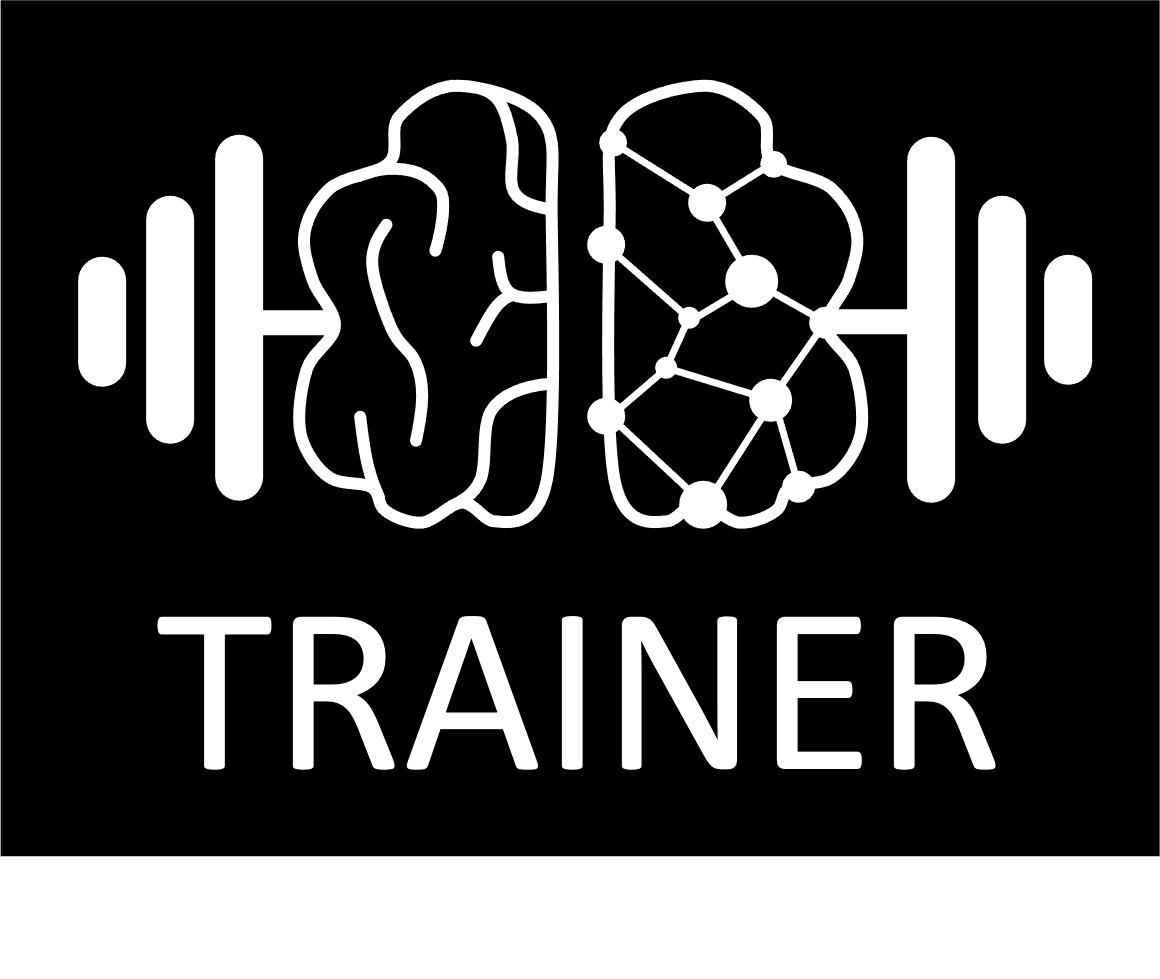 Towards fully AI-empowered networks
Towards fully AI-empowered networks
September 2021 – March 2025
PID2020-118011GB-C21
The huge effort of several worldwide R&D public and private initiatives towards the design of 5G networks and systems carried out in the last few years is significantly contributing to the digital transformation of economy and society. Currently, network operators are provisioning initial 5G services and continuing the long process of network evolution for future advanced 5G services. However, the digital transformation increased demands on the network side as well as its increased capacity. Moreover, the upcoming 6G services will dramatically increase requirements on many network Key Performance Indicators versus 5G, such as peak data rates, latencies and with ultra-high reliability.
5G and beyond networks have to support a combination of several types of workloads stemming from a variety of use cases/verticals. These workloads can come and go and may even change dynamically during services lifetime. As a result, the derived requirement from the networks may change often and these changes may be significant. Therefore, the networks must constantly adapt to and anticipate changes, increasing thus dramatically the network complexity. The observation that certain trends in network behavior can be predicted and actions taken in anticipation, leads to the introduction of AI/ML. Actually there is huge potential for Artificial Intelligence (AI) to improve management and performance of Beyond 5G networks which are expected to be developed in the years to come. Indeed, AI/ML technologies offer the potential to efficiently address the challenges of complex 5G and beyond networks.
Leveraging on the wide expertise of two multi-disciplinary research groups, The TRAINER project ambitiously aims at architecting and validating a converged an AI/ML empowered end-to-end network sustainable infrastructure towards the full deployment of beyond 5G networks towards 6G. In particular, the TRAINER solution will encompass different network segments (Core, optical Metro/Access, Multi-access Edge Computing (MEC) servers/central data centers and 5G-RAN), different network technologies and business roles. The ambitious innovation that TRAINER will bring reside on the concept of having AI/ML distributed at all levels of the future networks, including AI/ML-enabled end-to-end service orchestration, cognitive network management in SDN/NFV, LISP and RINA technology domains and even at optical data plane level for quality of transmission assurance and signal processing.